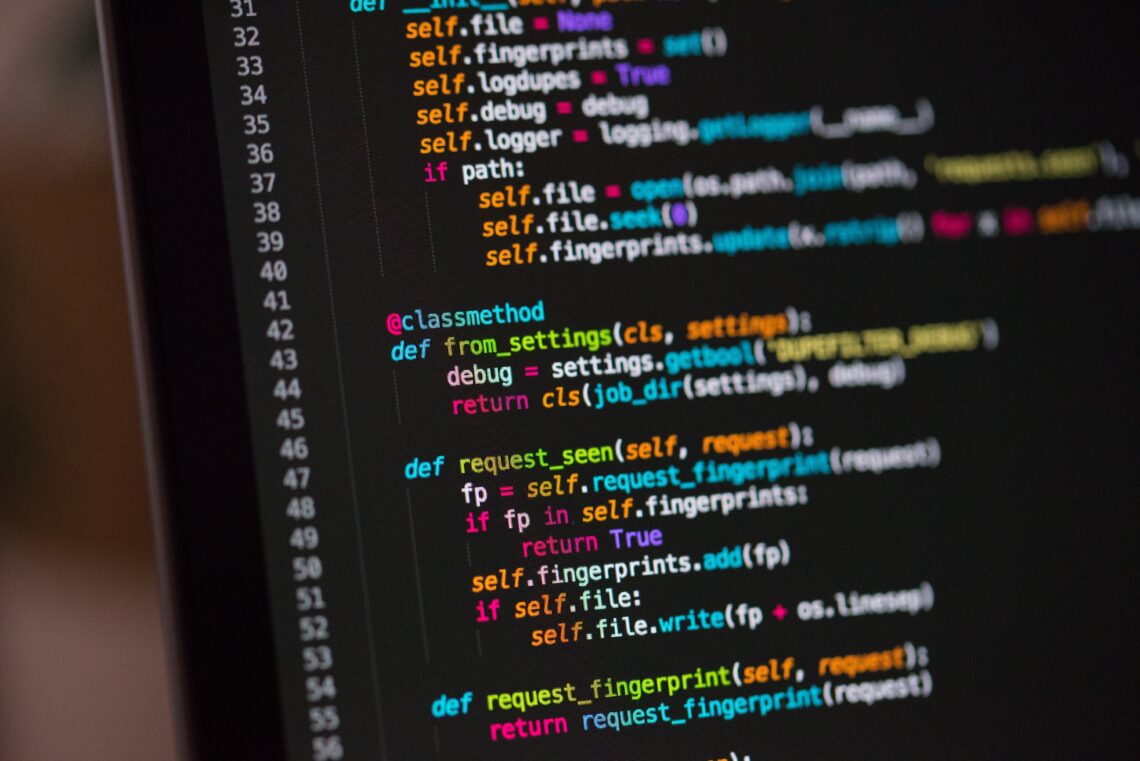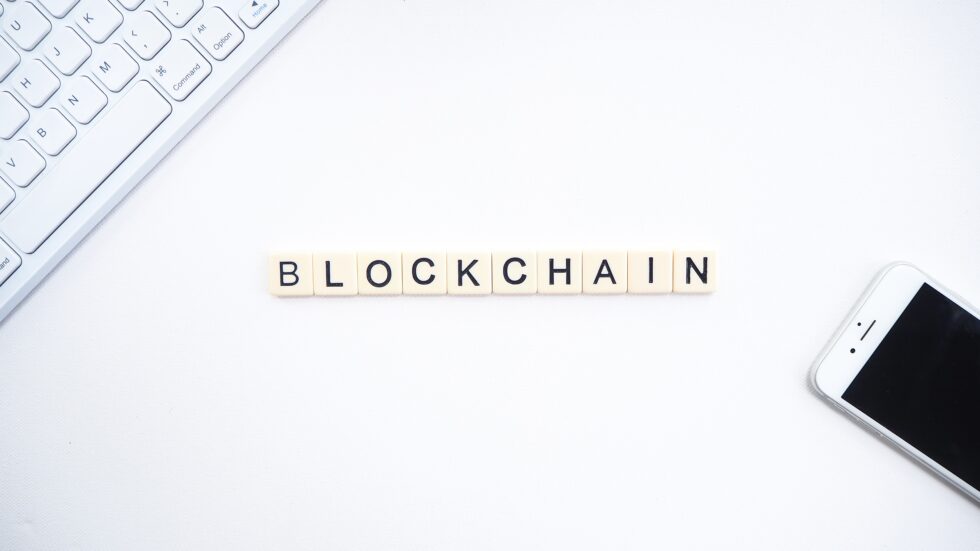Sometimes it takes time for innovations (not only among nerds!) to gain momentum and advance topics. This could also soon be the case with Decentralized Financing (DeDi for short). Exactly five years ago yesterday – Happy Birthday! – a new crypto currency saw the light of day with Etherum. The goal of the team around the then only 19-year-old developer Vitalik Buterin was to create a technology that enabled the management of decentralized applications in a separate block chain.
It forms the basis for the idea of a decentralised financial system without banks, payment service providers or other intermediaries. DeFi promises to further reduce bureaucracy and eliminate the middleman. A further advantage is the high returns that arise from DeFi – especially in view of the current zero-interest policy in the euro area.
In addition: Thanks to a built-in programming language, so-called Smart Contracts became possible for the first time. These literally translated intelligent contracts make it possible, for example, to deposit payout conditions already with a transaction, which are then automatically executed without the intervention of third parties such as a bank and without the possibility of manipulation by third parties, if the agreed conditions are met.

„Decentralized finance can become mainstream without the users even noticing.“
So if you want to run DeFi based on crypto currencies, you need a good technical know-how or have to trust a DeFi platform, because the technical requirements for individuals are still complex and difficult to understand;
„Decentralized finance has enormous disruptive potential and is currently growing rapidly, but overall it is still in its infancy – for a number of technical, economic and regulatory questions, suitable answers still need to be found,“ says Patrick Hansen, Blockchain Division Manager at the digital association Bitkom. „Decentralized Finance is not a concrete single project, but the generic term for a multitude of ideas and projects that aim to build a new decentralized, transparent and therefore trustworthy financial system.
In order to initiate and facilitate a broad and objective debate, Bitkom Verband publishesan information paper „Decentralized Finance – A new Fintech Revolution?“ (Link for download:https://www.bitkom.org/Bitkom/Publikationen/Decentralized-Finance-A-new-Fintech-Revolution)
We talk to the two authors of the paper, Julian Grigo and Patrick HansenWe will talk about the importance of DeFi for the established players, about the leap into the mass market, and about Europe’s leading role in its further development.
Bitkom has published a paper on DeFi: What was the main reason for this?
PatrickThe developments of the last two or three months – the DeFi investment volume has quadrupled in a short time – have catapulted the topic to the forefront of the block chain community. And suddenly, people from the traditional financial sector or politics are also taking up the issue. DeFi is more than complex, very young, and one is quickly overwhelmed by a wealth of information. With this paper we want to give everyone an introduction to the topic and lay a foundation for future Bitkom discussions.
Decentralized Finance (short: DeFi) was until some time ago a totally unknown term. Is this gradually changing?
Julian: But how! High quality podcasts, blogs and newsletters sprout from the ground. Ethereum’s inventor Vitalik is increasingly commenting on what is happening in the DeFi sector, big players from the CeFi sector, „centralized finance“ – this refers to crypto-funds like Bison, Coinbase and Kraken, provide a lot of education on the individual protocols, the omnipresent VC fund a16z with its Crypto-Fund-2 puts a special focus on DeFi projects and, lo and behold: the largest digital association in Europe has published a white paper for Ethereum’s 5th birthday. If that is not a sign.
Why should one deal with the topic of DeFi at the latest now?
PatrickThe current growth rates (and yields) speak for themselves ;) Sure, not all that glitters is gold, DeFi is still characterized by enormous speculation and many of the existing Decentralized Apps (DApps) will never make the leap into the mass market. Nevertheless: DeFi has already shown what advantages it offers – low fees, open access, fast processing, transparent conditions. The whole thing has huge potential, and it’s hard to believe that it’s real.

For whom or which target group does the topic become interesting at all?
JulianFirst of all, this is interesting for all those who already hold digital assets, especially if you hold ether or digital assets based on Ethereum (ERC-20 tokens etc.), because now there is the possibility to make these assets work for you (Maker or Compound), to leverage price movements, to exchange ether decentrally for other tokens (Uniswap) and much more.
However, we are also convinced that established players from the banking market should definitely take an early look at the incredible opportunities offered by DeFi. The first crypto exchanges (well known as „centralized companies“) are using the Dai savings rate (DSR), i.e. the possibility of earning interest on the stablecoin DAI held for customers in a Smart Contract. This is comparable to banks that (before the negative interest rate) earned money with their customers‘ deposits.
And then all fans of Fintech innovations should definitely install the Meta-Mask plugin quickly and try out a few things for themselves. This is super exciting and explains more than thousand words!

DeFi enables so-called Smart Contracts, i.e. payout conditions can be defined without banks or third parties. What does this mean in concrete terms for the banking landscape and how will the financial sector have to develop?
PatrickDeFi’s vision is to automate and decentralize all financial services via Smart Contracts, whether credit, insurance or currency trading. For banks, this basically means even more competition in an already competitive market. The pressure to digitalize and innovate will increase once again – and the traditional financial sector will have to adapt to these developments.
Nobody believes that there will be no more banks or intermediaries in a DLT-based future financial market. But the cards are being reshuffled and new roles are emerging. A new centralized financial service for decentralized assets is already taking shape in Germany with the crypto custody business – over 55 companies plan to apply for the new BaFin license in the fall.
Let’s take a look into the crystal ball: What is your assessment? When will DeFi be mainstream and what are the next steps to be taken?
JulianDeFi can become mainstream without the users even noticing. We all use the Internet every day – but probably only a few of us are familiar with protocols like TCP/IP and HTTP. It will be similar with DeFi protocols. They will fade into the background, while the mainstream user will see easy-to-use front ends. Just as André always says in his podcast: „Much of banking is becoming infrastructure. In the DeFi ecosystem one speaks of the „protocol sink thesis“. The team at Bankless has explained this wonderfully in this blog post:https://bankless.substack.com/p/global-public-goods-and-the-protocol
Who are the key players within this scene and who has the power to become the GameChanger?
PatrickThere are of course the DeFi applications themselves, Maker, Lendf.me, Curve and hundreds more. These are often closely interwoven (super illustrated in the newConsensys DeFi Report) and especially the big ones like Maker have a tremendous importance for the stability of the whole DeFi ecosystem. A failure of the DAI Stablecoin for example would have dramatic consequences.
The large central crypto exchanges are also important players. As soon as they include certain DeFi tokens in their exchange listings, the DeFi values explode. But also classic VCs, traditional exchanges and last but not least the underlying block chain protocols like Ethereum are important building blocks and potential GameChangers.
What interests you personally about DeFi?
JulianThe modular interlocking of different puzzle pieces. In DeFi, because it is not regulated and possibly not to be regulated at all, what we in the Fintech scene have been longing for years with open banking becomes true. Fascinating is also the speed at which new protocols are emerging, such as decentralized stock exchanges like Uniswap, which quickly accumulate an incredible amount of liquidity etc. At this point, however, I would also like to emphasise once again that the technology is still very young, that there are high risks and that the fact that truly decentralised protocols can hardly be regulated should not, of course, undermine the level playing field. This is in any case a challenge for regulated companies, legislators and supervisors.
Where does Germany stand internationally in its debate on the topic of DeFi?
PatrickGermany belongs to the international block chain hotspots. Last but not least the basic building block for DeFi, the Ethereum Blockchain, was launched from Berlin exactly yesterday (30.7.) five years ago. The DeFi applications themselves are mostly developed from the USA, only to be gradually decentralized. What is more decisive for the location is how many people and companies are already intensively involved with DeFi, use the applications and integrate them into their processes, products and services. I am optimistic that we will play a leading role here in Germany and Europe. On the one hand, because decentralization, transparency and data sovereignty fit perfectly with our European credo in digital issues. On the other hand, because we are already paving the way for a future legally secure DeFi market with progressive regulation in the crypto sector.
Questions about regulation are still completely open. How should established financial service providers position themselves and what role does state supervision play?
JulianDespite the complexity of DeFi, the question of regulation is the most difficult one! Patrick and I have often talked about exactly this when we were writing this paper. I believe that just as the Internet Protocol itself is unregulated and Bitcoin is unregulated, so are all decentralized DeFi protocols unregulated. But: companies that offer services based on the Internet Protocol, such as e-commerce or social media platforms, are regulated. And in the case of Bitcoin, the AMLA amendment, which introduced the offence of crypto-custody, shows that companies that commercially store Bitcoin are also regulated here. I think it will be similar for DeFi protocol: they themselves cannot be regulated. But if a company builds a front-end that assembles the DeFi Lego bricks in the background, then that company will have to be regulated – unless, like the Argent app, it is itself decentralized again. I know… this is challenging for everyone! But we at Bitkom will work for a level-playing-field that allows the advantages of DeFi to be used, but addresses risks and allows fair competition. We hope that as many people as possible read our paper, so that exactly this debate gains momentum.
To the interview partners:
Patrick Hansen
Patrick Hansen is division manager for Blockchain at the digital association Bitkom. He develops formats for the networking of companies interested in blockchain, accompanies politicians in establishing the legal framework for the young technology and observes and discusses current market developments and use cases, for example in the context ofStudies, Guides and political Statements. Previously Patrick Hansen was a consultant for startups at Bitkom. He studied economics and politics and gained experience at a start-up investor and in the European Parliament.
Julian Grigo
Julian Grigo has headed the Digital Banking & Financial Services division of Bitkom for three years. Together with very committed Fintech founders, he developed the Tech Association into the first point of contact for politics and media when it comes to questions about Fintechs. More than 50 mostly highly scaled Fintechs, about 15 private, development and major banks and numerous service providers in the financial market are organised in Bitkom. Julian holds a master’s degree in psychology, communicated for a banking association until 2017 and previously gained experience in the financial world and politics in management consultancies, a treasury department of a bank and in a lobby office of a major bank in Brussels.




